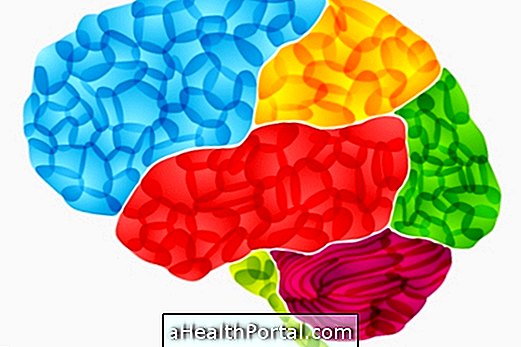Niacin, also known as vitamin B3, plays roles in the body like improving blood circulation, relieving migraine, lowering cholesterol, and improving diabetes control.
This vitamin can be found in foods like meats, chicken, fish, eggs and vegetables, and is also added in products such as wheat flour and cornmeal. See the full list here.
Thus, adequate intake of niacin is important to maintain proper functioning of the following functions in the body:
- Lower cholesterol levels;
- Produce energy for the cells;
- Maintain cell health and protect DNA;
- Maintain the health of the nervous system;
- Maintain health of the skin, mouth and eyes;
- Prevent mouth and throat cancer;
- Improve diabetes control;
- Improve the symptoms of arthritis;
- Prevent diseases such as Alzheimer's, cataracts and atherosclerosis.

In addition, niacin deficiency causes the onset of pellagra, a serious illness that causes symptoms such as dark spots on the skin, severe diarrhea and dementia. See how your diagnosis and treatment are done.
Recommended quantity
The recommended daily intake of niacin varies according to age, as shown in the following table:
| Age | Amount of Niacin |
| 0 to 6 months | 2 mg |
| 7 to 12 months | 4 mg |
| 1 to 3 years | 6 mg |
| 4 to 8 years | 8 mg |
| 9 to 13 years | 12 mg |
| Men from 14 years old | 16 mg |
| Women from 14 years old | 18 mg |
| Pregnant women | 18 mg |
| Women who breastfeed | 17 mg |
Niacin supplements can be used to improve the control of high cholesterol according to medical guidance, and it is important to highlight that they can cause side effects such as tingling, headache, itching and redness on the skin.
See the symptoms caused by Niacin deficiency.






















